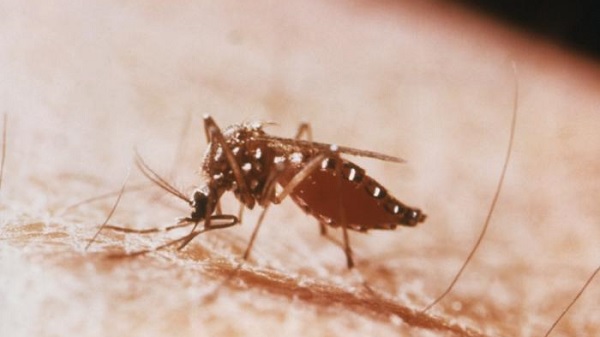
ADDIS ABABA (CGTN Africa) – Ethiopia announced on 3rd August 2019 that the number of its nationals infected by a chikungunya disease outbreak has reached 20,000 people.
In a press statement, the Ethiopia Public Health Institute (EPHI), said although Ethiopia has conducted an extensive anti-chikungunya spray campaign in the disease’s epicenter, the eastern city of Dire Dawa, there was still a spike in the number of chikungunya sufferers.
On 29th August 2019, EPHI had disclosed 15,192 Ethiopians had been infected by Chikungunya disease outbreak.
According to EPHI, chikungunya is a viral disease transmitted to humans by infected mosquitoes. It causes fever and sever joint pain. It is rarely fatal, and symptoms are generally self-limiting and last two to three days.
EPHI has disclosed so far there has been no recorded cases of fatalities despite the high number of chikungunya infections in a relatively short period of time.
The Institute is currently undertaking house to house spray campaigns, societal awareness campaign and free medical tests in chikungunya-affected areas of Ethiopia.
Chikungunya, which has similar clinical signs with dengue cases, has recently affected Ethiopia’s Somali, Afar, Southern regional states as well as the Dire Dawa city council.
About Chikungunya from WHO
chikungunya is a mosquito-borne viral disease that is transmitted from human to human by the bites of infected female mosquitoes. Most commonly, the mosquitoes involved are Aedes aegypti and Aedes albopictus, two species which can also transmit other mosquito-borne viruses, including dengue.
These mosquitoes can be found biting throughout daylight hours, although there may be peaks of activity in the early morning and late afternoon. After the bite of an infected mosquito, onset of illness occurs usually between 4 and 8 days but can range from 2 to 12 days.
It is characterized by an abrupt onset of fever frequently accompanied by joint pain. Other common signs and symptoms include muscle pain, headache, nausea, fatigue and rash. The joint pain is often very debilitating, but usually ends within a few days or weeks. Most patients recover fully, but in some cases joint pain may persist for several months, or even years. Occasional cases of eye, neurological and heart complications have been reported, as well as gastrointestinal complaints.
If chikungunya cases are confirmed, the treatment is to mitigate pain and fever using anti-inflammatory drugs along with rest. Persistent joint pain may require analgesic and long-term anti-inflammatory therapy. Prevention is entirely dependent upon taking steps to avoid mosquito bites and elimination of mosquito breeding sites.
Source: CGTN Africa & WHO
